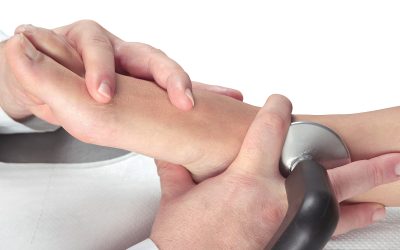Alcoholism and drug addiction are some of the most devastating vices found in our society today. Marriages are ruined, lives are destroyed, children grow up permanently scarred because of chemical dependency.
Not everyone who drinks alcohol will become an alcoholic, and not everyone who experiments with narcotics or misuses a prescribed medication will become an addict. But certain people with vulnerable personality types or a genetic predisposition are at risk. The problem is that it is difficult to identify whom, exactly, these at-risk people are before the problem starts.
Dependency is Considered Progressive
Chemical dependency is a progressive disease. Most people start drinking or using socially and no one expects that they will become dependent. But when the use of the chemical begins to impair a person’s everyday life, their ability to go to work, drive, or interact appropriately in personal relationships, these are the first signs of a real problem.
On top of the deterioration of their quality of life, chemically dependent people tend to have more health problems. They tend to get infections more readily, diseases of the liver and brain, and have a higher rate of cancer. Sadly, addicts and alcoholics are more likely to die a violent death, commit suicide or be involved in a fatal automobile accident.
Signs of Dependency
Some things to look for if you fear someone you love may becoming dependent are: weight loss, somatic complaints, increased illnesses—such as cold and flu—, tiredness, shaking hands, dilated pupils, odors associated with the substance, increased use of mouthwash, unusual changes in wardrobe, irritability, over reactions, paranoia, depression, poor memory, sudden money problems—borrowing money, and avoiding people.
Don’t Face This Alone
Realistically, it’s almost impossible for anyone to beat this demon by themselves. However, usually, just about everyone close to the affected person has been hurt by them and feels a need to protect themselves from them, and in the case of some, especially teenagers, their parents are in denial, are protecting them and/or enabling them.
When someone has become dependent, there is no partial recovery option. Once an alcoholic, always an alcoholic. Once an addict, always an addict. The substance must be completely eliminated from the person’s life. The vast majority of the time, the dependent person is the last to realize they have a problem. In fact, they will usually deny there is a problem until they are forced to admit it due to a drastic loss, financial or personal, caused by their own dependency. Some people call this “rock bottom.” Often a person has to experience these things in order to even consider chemical dependency rehab.
Chemical dependency is an illness just like cancer or heart disease. If it is left untreated, it can lead to death. For nearly everyone trapped in this condition, the only way out is chemical dependency rehab, and the only person who can get him or her there may be you.


